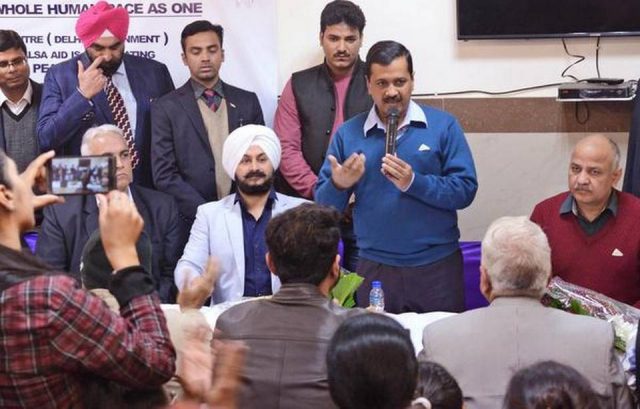Democracy, as it has come to be known in India, is a magnanimous process where we stand in line, get our fingers inked and post those finger pictures on Instagram. It truly is a massive process.
We have elections for all major administrative bodies. The Municipal corporations, the local assemblies, and the national assemblies. But even though this process is massive and ongoing, most of us forget that it ever took place after posting that picture.
And guess what? The people we elect forget that too. Thereby bringing a sense of stagnation to the process, where everyone is the same, indifferent to public opinion, only surfacing to pacify their constituents and nothing more.
We are well aware of this stagnation. So much so that it has become a widely accepted fact that “ye mantri toh kuch nahi karenge”. As a result, many people (me included) do not expect that a fast and efficient response will be given to small problems since even the big ones are not being solved well.
Read More: Delhi CM Kejriwal’s WagonR Stolen: Here Are 5 People Who Could’ve Done It
But a change might be on the horizon.
Delhi CM Arvind Kejriwal recently held a meeting of residents in West Delhi’s Tilak Nagar. The residents had been facing problems arising due to the liquor store. Anti-social elements were drawn to the store and would create a ruckus near the adjacent houses by harassing passerbys and eve teasing.

As a result, the residents complained to their MLA, AAP’s Jarnail Singh and 3 days ago, a mohalla sabha was organized in which 90% of the people voted in favour of closing the shop.
The shop will be closed in the next few days as a result.
During the meeting, Kejriwal said “If an officer or a minister takes a decision then there are chances of things going awry. There could be pressure on them or they could take a bribe. When decisions are made in closed rooms by those who are not affected by it, things may go wrong.”
By doing this, Kejriwal has set a precedent. Instead of the people having to go and file official complaints and follow up and wait for the bureaucracy to catch up, the government brought the decision making to them. And that, in my opinion, is a great idea.
Because some larger policy issues cannot be solved in a meeting of the locals in a small room in the capital. All stakeholders have to be considered and decisions taken accordingly.
But when the stakeholders can all be gathered in one room and a vote can be taken on an issue which affects them and only them, well then isn’t that the point of democracy?
This experiment is definitely an interesting one and its consequences, both short and long-term remain to be seen. Many might be concerned with such a hands-on approach and naysayers may say that it might lead to the enforcement of populist yet harmful policies.
But policy creation and implementation is a dynamic process that shifts and changes very rapidly. Right now, this is simply a beta test of sorts, if it fails, we will know that direct democracy is more harmful than we thought. But if it does work, then the possibilities are endless.
Sources: Times of India, The Hindu, Indian Express
Image Credits: Google Images
You would also like to read:
http://edtimes.in/2018/01/indian-fetish-criminal-defamation-cases/



























